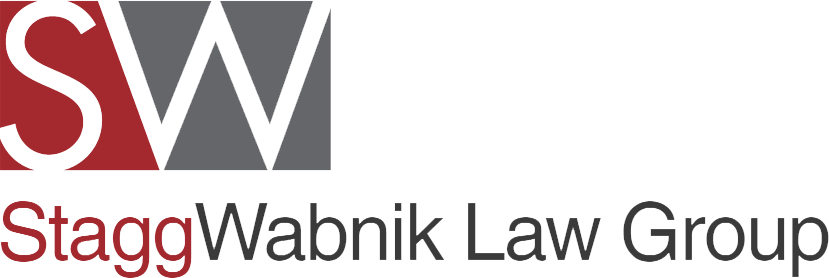The Binding Power of Email
- Stagg Wabnik
- May 31, 2023
- 2 min read
Updated: Jul 25, 2025
How an Attorney's Email Transformed a Settlement Offer into a Binding Agreement

The digital age has revolutionized how legal professionals communicate, with email being the predominant method of correspondence. However, as technology evolves, so do the implications of our actions. A recent case highlights the importance of understanding the potential consequences of seemingly informal email exchanges between attorneys. We will discuss a recent American Bar Association (ABA) article that delves into how an attorney's email response to a settlement offer rendered the draft agreement binding, even without formal signatures.
The Case at Hand
The ABA article explores a case in which an attorney's email response to a settlement offer led to unexpected consequences.
The Settlement Offer
In the case, one party's attorney emailed the opposing party's attorney a draft settlement agreement. The email contained language indicating that the offer was a "proposal" and requested feedback or suggestions for revisions.
The Email Response
The attorney representing the opposing party replied to the email, stating that the draft settlement agreement "looks fine" and that they would obtain their client's signature.
The Court's Decision: A Binding Agreement
Despite the seemingly informal email exchange, the court ultimately found that the attorneys had reached a binding agreement.
The Significance of the Email
The court determined that the responding attorney's email effectively communicated their acceptance of the settlement terms. The email's language indicated that the attorney agreed to the proposed terms and intended to move forward with obtaining their client's signature.
The Absence of Formal Signatures
Interestingly, the court ruled that the absence of formal signatures did not invalidate the agreement. Instead, the court found that the parties had manifested their intent to be bound by the settlement terms through their email correspondence, and as such, the agreement was enforceable.
Key Takeaways for Legal Professionals
This case serves as a valuable lesson for attorneys, emphasizing the importance of cautious communication and understanding the potential implications of email exchanges.
The Power of Informal Communication
Attorneys should know that even seemingly informal email communications can carry significant legal weight. Choosing words carefully is crucial when discussing settlement offers, contracts, or any other legally binding matters.
The Need for Clear Intent
To avoid unintentionally entering into a binding agreement, attorneys should clearly express their intent when responding to settlement offers or other legal proposals. This may include explicitly stating that an agreement is not binding until all parties have signed the document or that further revisions and negotiations are necessary.
The Importance of Client Communication
Attorneys must also communicate effectively with their clients throughout the negotiation process. This includes promptly informing clients of settlement offers and discussing any potential consequences of email communications.
The case discussed in the ABA article is a powerful reminder that even informal email communications can have significant legal consequences. Accordingly, attorneys must remain vigilant when using email to discuss settlement offers and other legally binding matters, ensuring that their words and actions align with their intentions and protect their client's interests.

